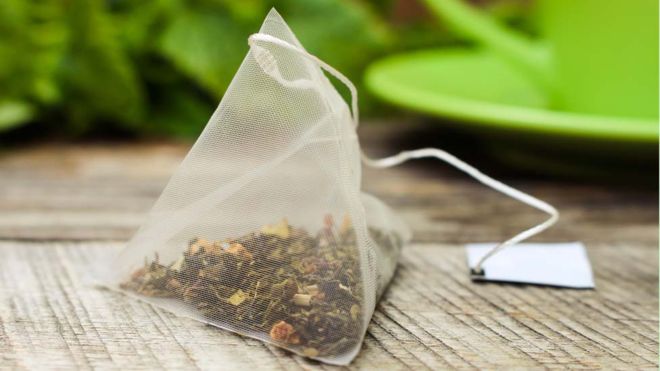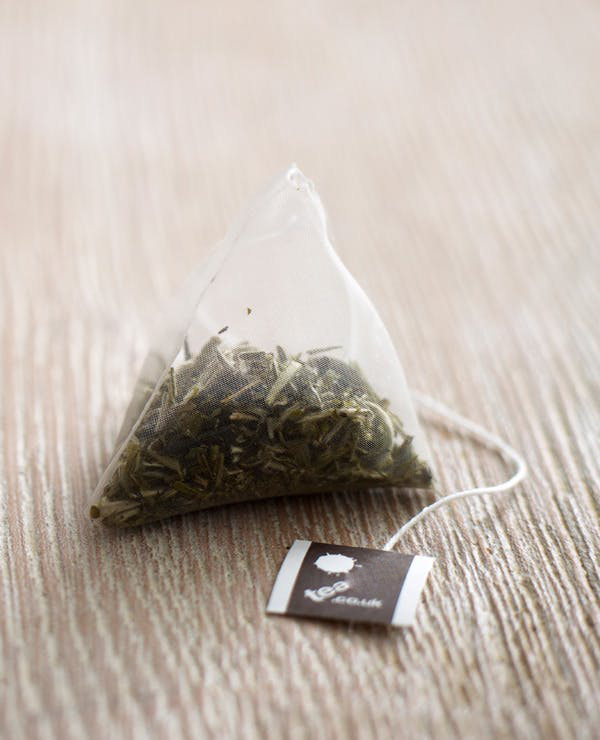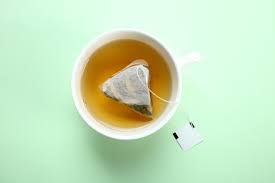Source: Thailand Medical News Oct 26, 2019 6 years, 3 months, 1 week, 2 days, 14 hours, 4 minutes ago
While individuals and activists are trying to reduce
plastic usage in the world, some tea manufacturers are doing the opposite and replacing traditional paper
teabags with
plastic ones. Some are using newer types of materials that mix
plastic with paper (resembling fabric like texture) while some paper bag ones in lieu of using metal staples are using a
plastic glue that dissolves in hot liquids!

Many of the higher premium brand of
teas and also
herbal teas are using these new types of
tea bags including certain so called organic spa brands found in Thailand. Many 5 star hotels in Bangkok were also found to be using such
tea brands that were using
plastic tea bags.

Researchers reporting in ACS’
Environmental Science & Technology journal have discovered that a soothing cup of the brewed beverage may come with a dose of micro- and nano-sized plastics shed from the
plastic tea bags. Possible health effects of ingesting these particles are currently unknown, the researchers say, but most of these
plastic particles are made from known carcinogenic chemicals.
Over time, plastic breaks down into tiny microplastics and even smaller nanoplastics, the latter being less than 100 nanometers (nm) in size. (For comparison, a human hair has a diameter of about 75,000 nm.) Scientists have detected the microscopic particles in the environment, aquatic organisms and the food supply, but they don’t know yet whether they are harmful to humans.
.jpg)
Dr Nathalie Tufenkji and colleagues wondered whether recently introduced
plastic teabags could be releasing micro- and nanoplastics into the beverage during brewing. They also wanted to explore the effects of the released particles on small aquatic organisms called
Daphnia magna, or water fleas, which are model organisms often used in environmental studies.
To conduct their analysis, the researchers purchased four different commercial teas packaged in
plastic teabags
trong>. The researchers cut open the bags, removed the tea leaves and washed the empty bags. Then, they heated the
teabags in containers of water to simulate brewing conditions. Using electron microscopy, the team found that a single plastic teabag at brewing temperature released about 11.6 billion microplastic and 3.1 billion nanoplastic particles into the water. These levels were thousands of times higher than those reported previously in other foods.

In another experiment, the researchers treated water fleas with various doses of the micro- and nanoplastics from
teabags. Although the animals survived, they did show some anatomical and behavioral abnormalities.
More research is needed to determine if the plastics could have more subtle or chronic effects on humans, the researchers say.
But the team from
Thailand Medical News suggest that individuals stay away from any brand of tea or herbal tea products that use such
plastic tea bags. It was laughable to find one Thai brand of herbal teas that claim to be promoting
health benefits from its products while using a real cheaper version of
plastic tea bags!
Reference: “Plastic Teabags Release Billions of Microparticles and Nanoparticles into Tea” by Laura M. Hernandez, Elvis Genbo Xu, Hans C. E. Larsson, Rui Tahara, Vimal B. Maisuria and Nathalie Tufenkji, 25 September 2019, Environmental Science & Technology.
DOI: 10.1021/acs.est.9b02540 

.jpg)
